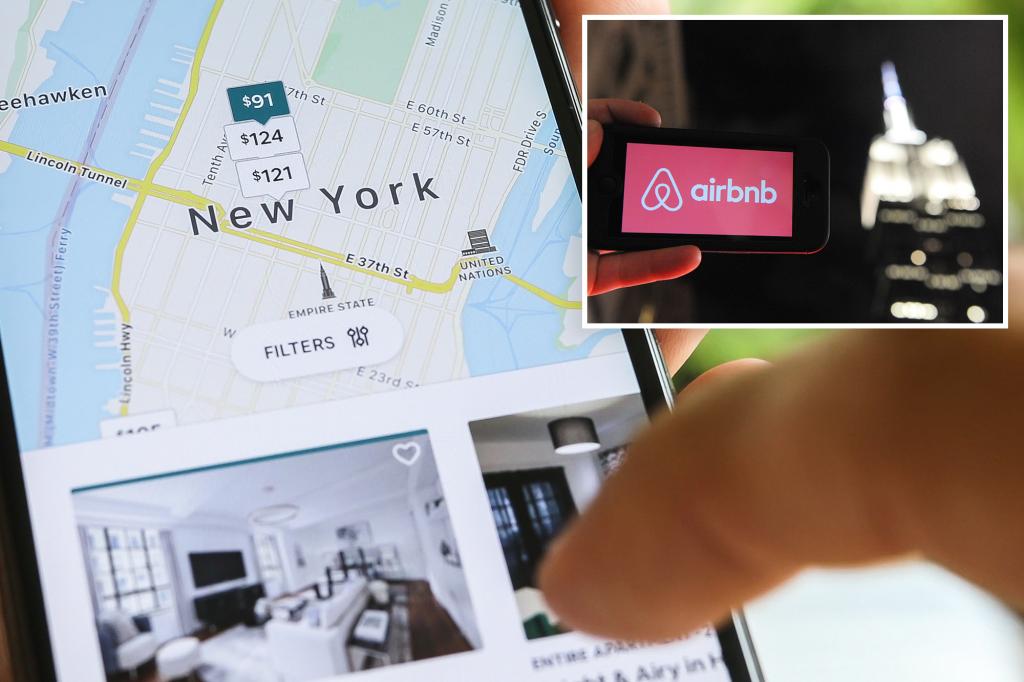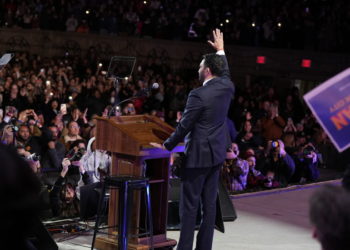New York promised its 2023 Airbnb ban would free up apartments and ease rents, but two years later rents are higher than ever, vacancies are near zero and the Big Apple’s housing crunch shows no signs of relief, according to a new report.
Lawmakers sold the law — known as Local Law 18 — as a way to kick out rowdy tourists and protect New Yorkers from losing housing stock to short-term rentals.
The first part worked: neighbors aren’t complaining about revolving-door party guests anymore. Hotels are booming too, with nightly rates in July up 7% since 2023, according to data compiled by the Wall Street Journal.

Hotel occupancy has also increased every month — outpacing 2023 levels with the exception of July, according to CoStar.
But on the affordability front, the crackdown is a bust. Manhattan’s vacancy rate has plunged to 2.45% and median rent has soared to a record $4,700 a month.
“The law doesn’t seem to have a material impact in making rents more affordable,” Jonathan Miller, CEO of appraisal firm Miller Samuel, told the Journal.
Airbnb agrees with Miller’s assessment.
“New York City Council passed this law with the stated purpose of supporting the housing market. It didn’t do that,” Nathan Rotman, director of public policy strategy for North America at Airbnb, told The Post.
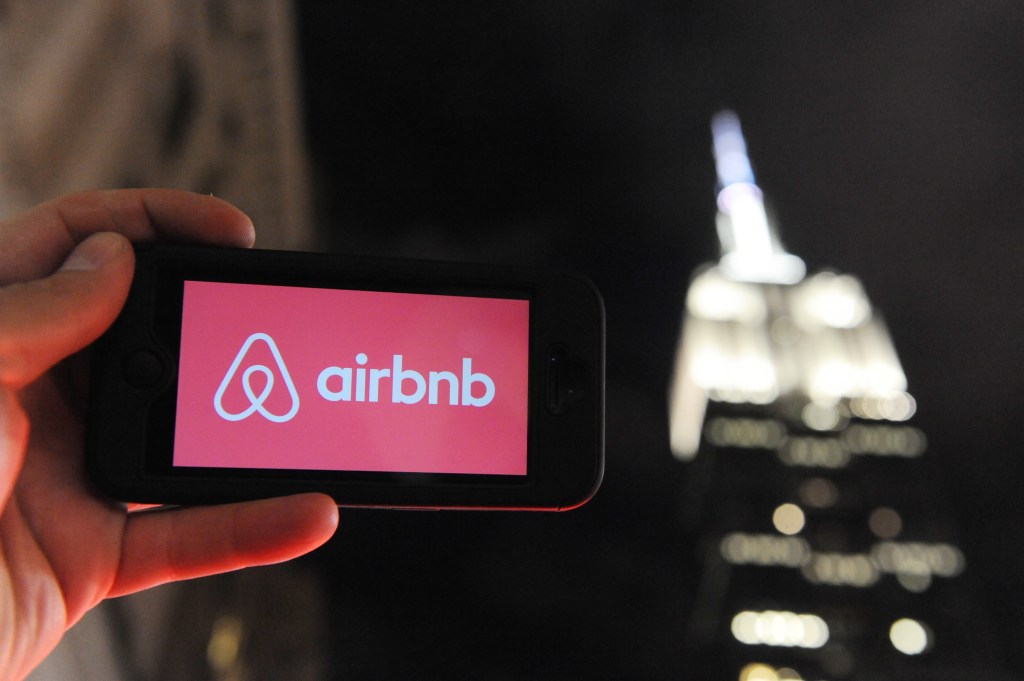
“Airbnb made up only a small share of units, and rents have actually risen faster in neighborhoods that once had the highest number of Airbnbs. The law has only made the affordability crisis worse.”
At the height of the crackdown, the city wiped out an estimated 38,500 Airbnb units. But that’s a drop in the bucket compared to more than a million market-rate apartments in New York.
And not every former short-term rental went back to the long-term market. Some owners haven’t converted their Airbnbs to 30-day rentals, as allowed by the law.
City officials defend the move anyway.
“We can’t afford to lose a single unit of housing when there’s a huge vacancy problem in New York City,” Christian Klossner, executive director of the Office of Special Enforcement, told the Journal.
Only about 3,000 legal short-term rentals remain in operation under strict rules, including mandatory host registration and bans on locking off rooms.
Airbnb, once one of the city’s largest underground landlords, has launched a multimillion-dollar counterattack. The company’s political arm has spent more than $3.6 million in recent months to back candidates who support loosening restrictions.
The company says that apartment owners who were struggling to make ends meet have been made to suffer as a result of the law.
“People used to rely on Airbnb when they were traveling for work or during major events like the US Open, when they could earn extra money,” Rotman told The Post.
“Removing that option has compounded the affordability crisis.”
Its lobbying push comes as New York braces for next summer’s World Cup, when a flood of tourists will swamp the region.
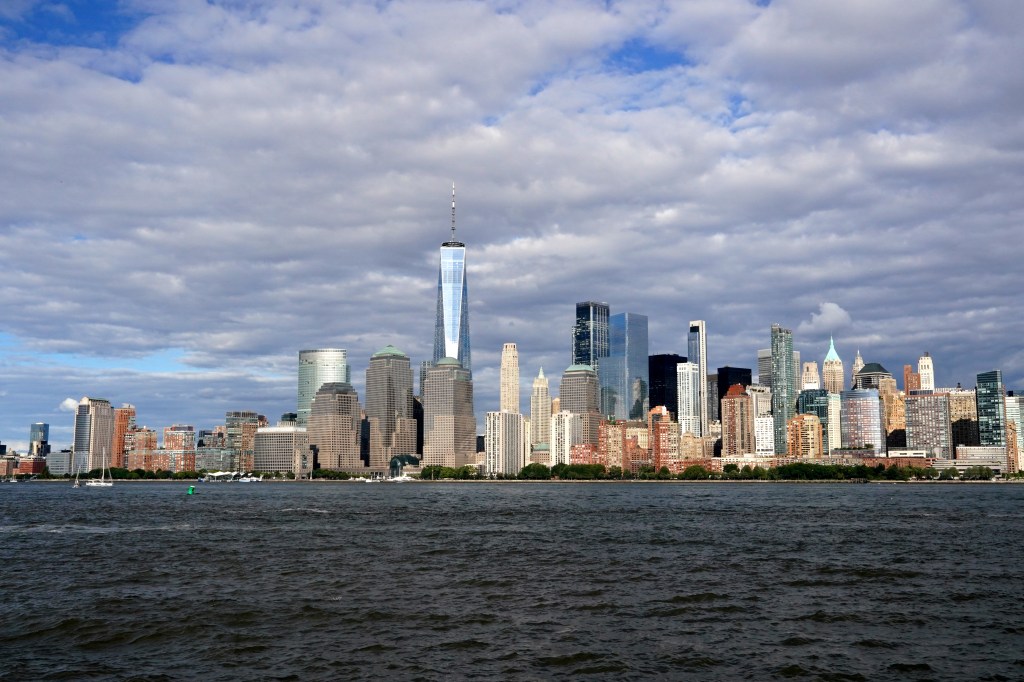
Airbnb has also poured hundreds of thousands into ads targeting mayoral hopeful Zohran Mamdani, a progressive Democrat who backs a rent freeze on one million regulated apartments.
His campaign fired back.
“Airbnb’s proposed changes to the city’s housing law would drain even more supply out of an already tight housing market,” Dora Pekec, a spokesperson for the Mamdani campaign, told the Journal.
Airbnb has pledged to work with Mamdani if, as expected, he wins the November election.
“We look forward to working with him or any other successful candidate,” Rotman told The Post.
“There’s a lot of opportunity to bring in tax revenue, support economic opportunity in the city, and we think there’s room to collaborate with him or others who want to achieve that.”
The clash has divided the city’s power players. A coalition of housing advocates and tenants unions, backed by the influential Hotel Trades Council, has spent nearly $2 million to defend the 2023 law.
Hotels stand to gain the most.
“Without the law, we would be in a catastrophic situation,” hotelier Richard Born, who owns 24 New York properties, told the Journal.
Average hotel occupancy has surged past pre-crackdown levels, boosted further by tens of thousands of migrants housed in hotels at city expense.
Meanwhile, Airbnb insists Local Law 18 is worsening affordability by cutting off extra income for hosts who relied on the platform to pay rent or mortgages.
CEO Brian Chesky warned in 2023 that rents would rise, arguing “a lot of New Yorkers were actually, it turns out, pretty regular ordinary people that were dependent on Airbnb.”
Some data from outside New York complicates the picture. In Irvine, Calif., which banned short-term rentals in 2018, long-term rents dipped about 3% in the first two years — then climbed 8% afterward.
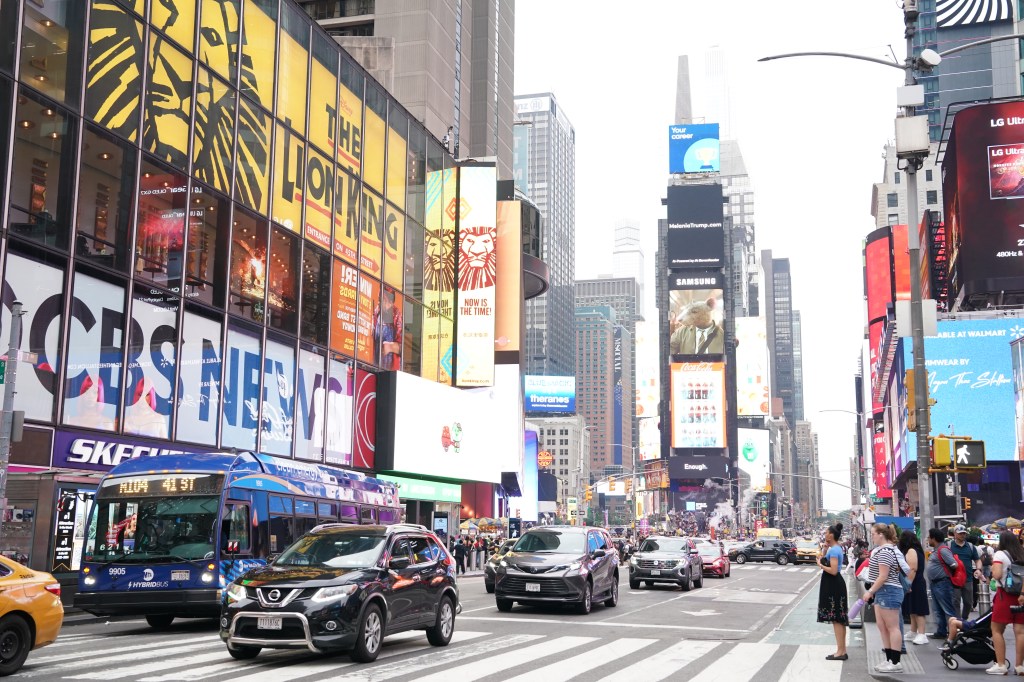
Researchers say construction and demand remain the biggest drivers of affordability, not just rental restrictions.
For everyday New Yorkers, the law at least delivered peace and quiet.
Council Member Gale Brewer, who once fielded constant complaints about drunken tourists trashing apartments, says those calls have stopped.
“Since the law passed I never heard another word about that,” Brewer said.
Whether that tradeoff — less chaos, same sky-high rents — was worth it remains the heart of the debate. With housing costs crushing tenants and elections looming, the fight over who controls New York’s apartments is far from over.
An Airbnb spokesperson told The Post that the latest data “points to clear evidence of the law’s failure to improve the housing affordability crisis as promised.”
The spokesperson referred The Post to a company web site which includes a report that asserts NYC rents are higher, tourism is down and communities are being squeezed harder than ever.
Airbnb and its supporters argue that the city needs reforms which would restore vital income for families, boost neighborhood businesses and spread tourism dollars beyond Manhattan without taking long-term housing off the market.
The Post has sought comment from Mamdani’s campaign and the Hotel Trades Council.
The post NYC’s Airbnb ban failed to lower rents or boost vacancies, report finds appeared first on New York Post.
